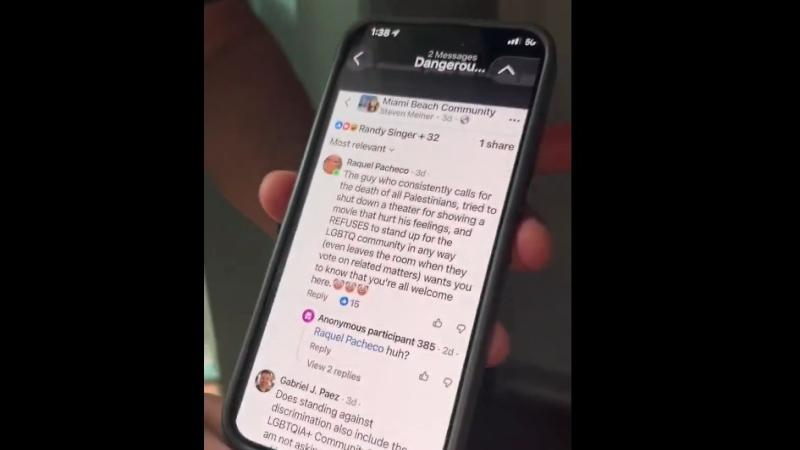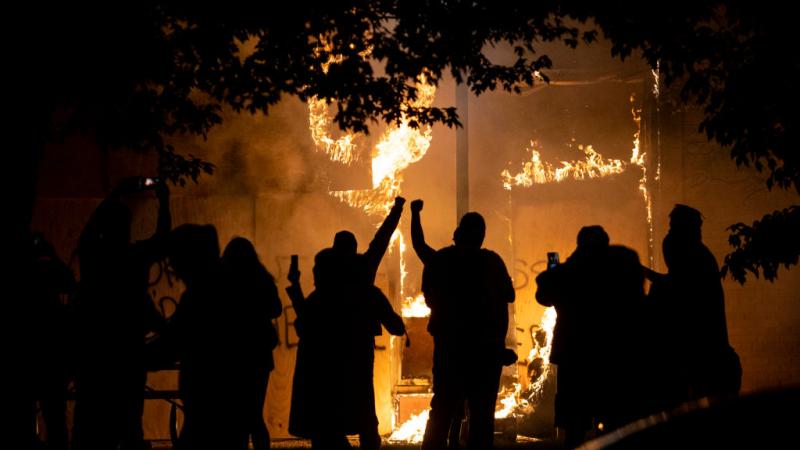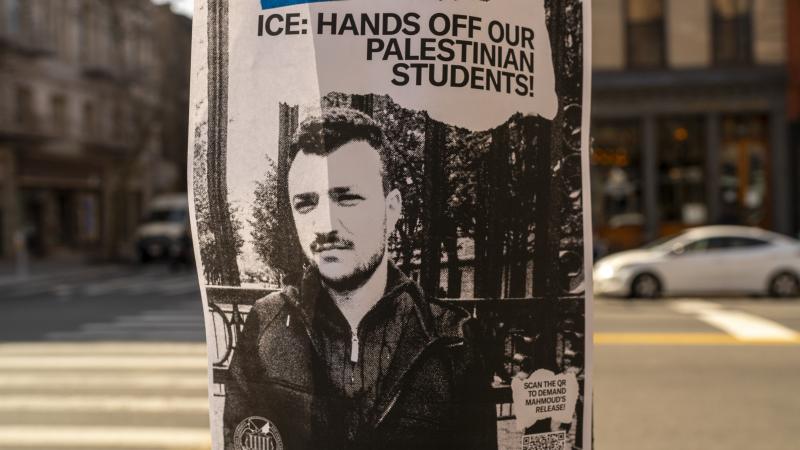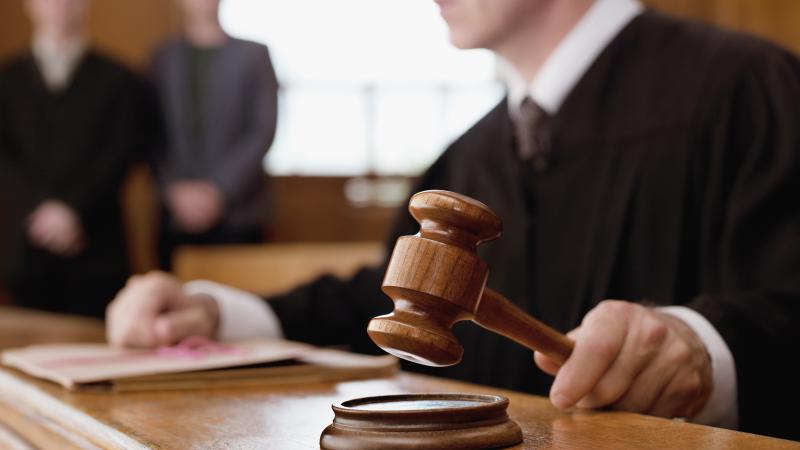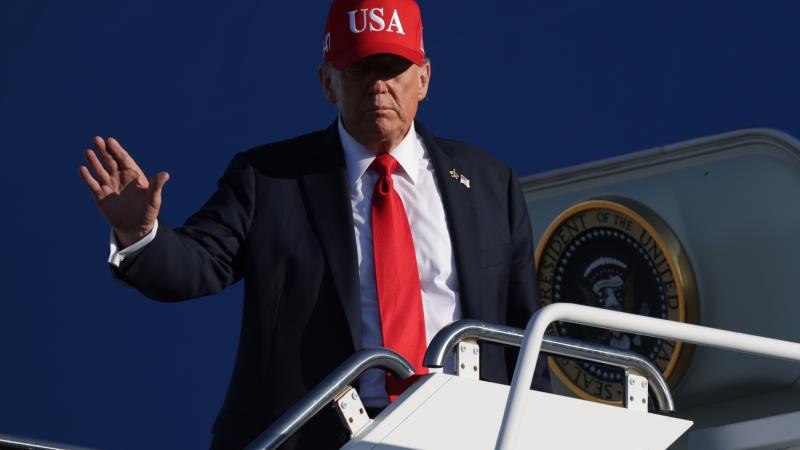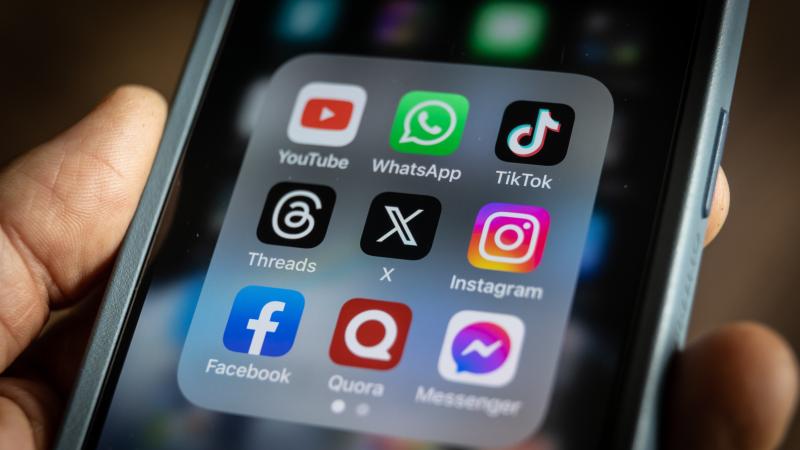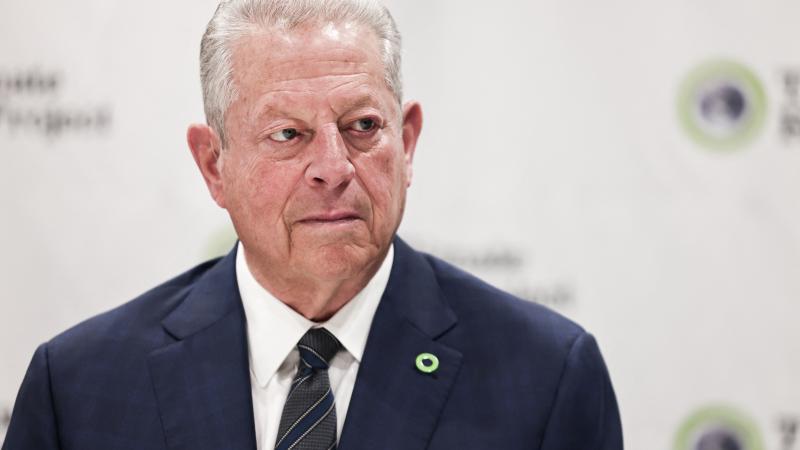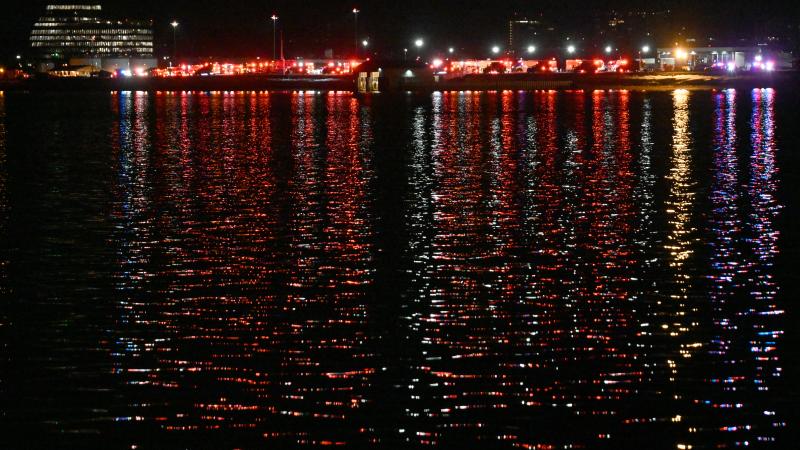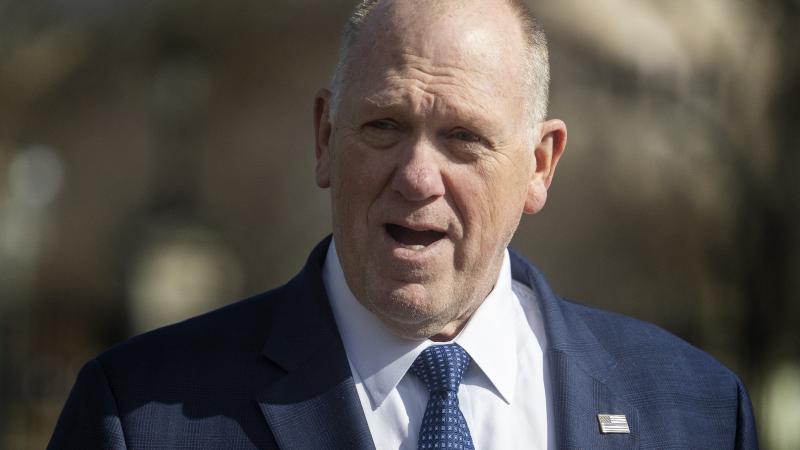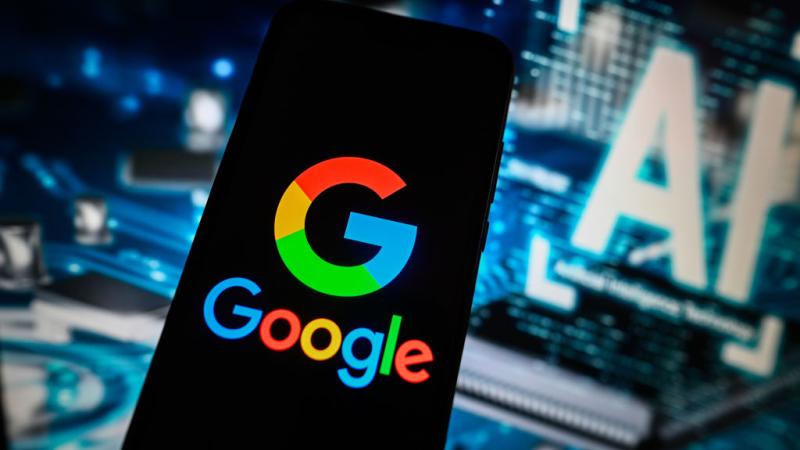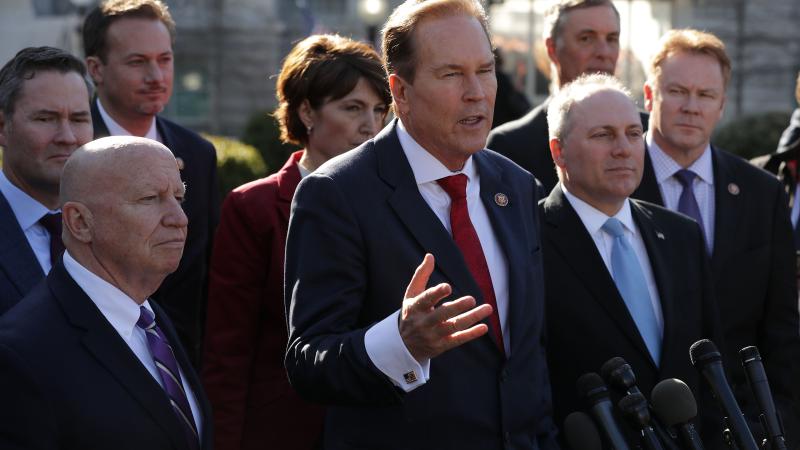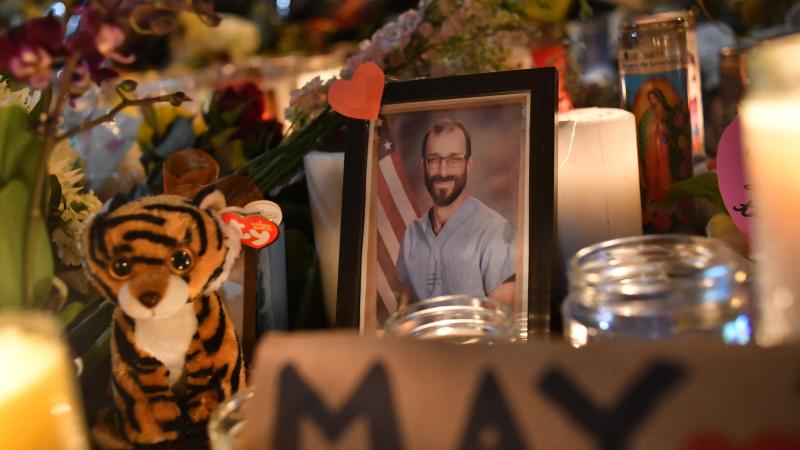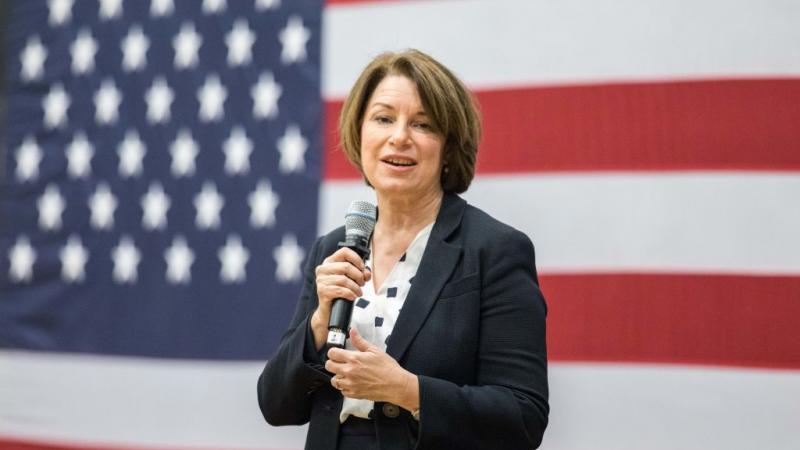UK speech police could break Wikipedia, keep punishing Christian expression: critics
If crowdsourced encyclopedia loathed by American conservatives is put under strict regulation, "that would have to be justified as proportionate if it were not to amount to a breach of the right to freedom of expression," judge says.
From crowdsourced Wikipedia entries to public religious expression, the United Kingdom's speech regulation is drawing alarm on both sides of the pond for its potential and actual effects on shared knowledge and conscience rights at home and abroad.
The U.K. High Court knocked down a challenge to the Online Safety Act by the U.S.-based Wikimedia Foundation, which operates Wikipedia, on the grounds that it must wait for the Office of Communications to actually subject Wikipedia to "Category 1," which would strip the anonymity underlying its volunteer model for creating and editing entries.
While some observers warn the ruling Monday could lead Wikipedia to go dark in the U.K., the nonprofit looked for the silver lining, noting Justice Jeremy Johnson said Ofcom and the secretary of state for science, innovation and technology do not have "a green light to implement a regime that would significantly impede Wikipedia’s operations."
Swiss-based Proton VPN promoted its "anti-censorship" virtual private network services to circumvent the law, given that the "government could soon be asking its citizens to provide ID to access Wikipedia … Created to 'protect children online,' the OSA is increasing censorship for everyone."
Wikipedia co-founder Jimmy Wales told BBC Newsnight that "forums for self-help" including a "stop-drinking app" now have to block U.K. users who refuse to identify themselves in line with the law, which he called a "human rights violation" that is not "reining in Big Tech." He's also promoting VPNs, or virtual private networks, to circumvent the law.
His co-founder, Larry Sanger, has been a vocal critic of Wikipedia's alleged capture by the "woke" left for years and has even called for some recourse for people it defames. American conservatives have aggressively targeted it for biased though decentralized editorial decisions such as trashing President Trump's Cabinet nominees.
The ruling could help redirect that outrage away from the nonprofit and toward a rival government, strengthening bipartisan U.S. fears about the U.K.'s threat to expression it deems disinformation or hate speech and to privacy and security, the latter under the Investigatory Powers Act.
House Judiciary Committee Chairman Jim Jordan, R-Ohio, recently led a delegation to Europe over free speech concerns about the U.K. law and the European Union's Digital Services Act and Digital Markets Act, saying they "threaten the First Amendment rights of American citizens and companies."
Sen. Ron Wyden, D-Oregon, asked Director of National Intelligence Tulsi Gabbard last month to "conduct and make public an assessment of the national security threat posed by" U.K. surveillance laws and its "reported secret surveillance demands of U.S. companies" including Apple, Google and Meta to create encryption backdoors for the government.
'Articles would, generally, not make sense' if verified, anonymous contributors separated
Justice Johnson cited a "degree of urgency in these proceedings because they are, in effect, holding up part of a complex regulatory process that needs to be worked through before important parts of the [Online Safety] Act take effect."
He heard the challenge on an expedited basis over two days last month to consider "whether permission should be granted to bring a claim for judicial review and, if so, whether the decision to make regulation 3," which determines who is covered by Category 1, "was flawed."
Category 1 is the strictest under the law, "subject to many statutory duties," and the Wikimedia Foundation and an anonymous Wikipedia user argued its criteria were "intended to capture large profitable social media companies where anonymous content can 'go viral'" but were written much more broadly, accidentally ensnaring Wikipedia.
Wikimedia's in-house lead counsel Philippe Bradley-Schmieg testified that the nature of the "collaboratively edited encyclopaedia" makes it incompatible with user verification duties in the law, "under which users can choose only to encounter content from other users whose identity has been verified."
It receives only a fraction of takedown requests than other platforms – just 664 "across all" Wikimedia Foundation projects last year, contrasted with TikTok's 375,899 takedown requests for reportedly illegal content, of which that platform removed less than 64,000.
As a nonprofit without a business model and whose users "typically only encounter content that they seek out," Wikipedia plays a "very limited role in moderation" and has a "low risk profile," Bradley-Schmieg said. Ofcom itself determined more than half of "online harm" comes from social media, and just 2% from the "other" category that includes Wikipedia.
To disentangle itself, Wikipedia would have to reduce its U.K. audience by "around three quarters" or disable "important functionality corresponding to Category 1 threshold criteria," Johnson wrote, summarizing the claimants.
Otherwise it must "comply with duties that are not reasonably manageable and which are incompatible" with its operation. It cannot "sensibly" isolate content generated by verified users from content by anonymous users "without rendering the service unusable: articles would, generally, not make sense."
Bradley-Schmieg said it's "already over-stretched because of existing regulatory burdens" and would have to build "new systems, data handling processes, functionality and tools" to verify users," and might instead stop allowing U.K. access "once a monthly limit has been reached."
Justice Johnson's ruling bears some resemblance to the U.S. Supreme Court's ruling a year ago that censored doctors, and states don't have legal standing to sue federal agencies and officials for allegedly "coerc[ing] or significantly encourag[ing] a platform’s content-moderation decisions," which also prompted Rep. Jordan to seek a legislative fix.
If Ofcom and the relevant secretary of state placed Wikipedia under Category 1, "that would have to be justified as proportionate if it were not to amount to a breach of the right to freedom of expression under article 10" of the European Convention on Human Rights, "and, potentially, a breach also of articles 8 and 11," Johnson wrote.
Those guarantee "the right to respect for his private and family life, his home and his correspondence" and "freedom of assembly and association."
"It is, however, premature to rule on that now," Johnson said. "Neither party has sought a ruling as to whether Wikipedia is a Category 1 service," which they agree is up to Ofcom "for the moment" and "no further issue will arise" if Ofcom declines such categorization.
Banned from 'passing comments on any other religion'
The U.K. isn't waiting for religious expression to be communicated in any way other than body language before chilling it, according to the Alliance Defending Freedom International.
The group said West Midlands Police are investigating March for Life U.K. co-director Isabel Vaughan-Spruce for the third time in two years for silently praying in an abortion clinic "buffer zone," despite a court exonerating her in 2023 and Vaughan-Spruce securing a £13,000 settlement from police in 2024 for the second arrest and investigation.
Police denied her complaint for repeated harassment and interrogation "at odds with" the court verdict and Crown Prosecution Service guidance, on the grounds that there's a previously undisclosed "live investigation" against Vaughan-Spruce and said they are waiting for CPS advice on how to proceed, ADF International said.
"We all stand against harassment and abuse, but the ‘buffer zone’ law broadly bans 'influence,' which is being interpreted by police officers to target innocent people who happen to stand in a certain place and believe a certain thing," said her lawyer, Jeremiah Igunnubole.
Avon and Somerset Police officers twice threatened to arrest Pastor Dia Moodley for preaching "about the differences between Christianity and Islam while holding a Quran," after a Muslim man threatened to stab him, pinned him down and tried to take the book, ADF International said. He had already met with the U.S. State Department about his run-ins with police.
This was despite Moodley earlier getting a settlement from police following their ban on Moodley "passing comments on any other religion" and an apology months later for arresting and jailing him for half a day, after he was assaulted, for "contrasting Christianity and Islam" when asked and stating that God made humans male and female, the legal group said.
The Facts Inside Our Reporter's Notebook
Videos
Links
- U.K. High Court knocked down
- nonprofit looked for the silver lining
- Proton VPN promoted its "anti-censorship"
- Jimmy Wales told BBC Newsnight
- He's also promoting VPNs
- Wikipedia's alleged capture by the "woke" left
- called for some recourse for people it defames
- trashing President Trump's Cabinet nominees
- Investigatory Powers Act
- Jim Jordan, R-Ohio, recently led a delegation
- Sen. Ron Wyden, D-Ore., asked
- U.S. Supreme Court's ruling a year ago
- prompted Rep. Jordan to seek a legislative fix
- West Midlands Police are investigating
- silently praying in an abortion clinic "buffer zone,
- twice threatened to arrest Pastor Dia Moodley
- settlement from police following their ban on Moodley
- arresting and jailing him for half a day
